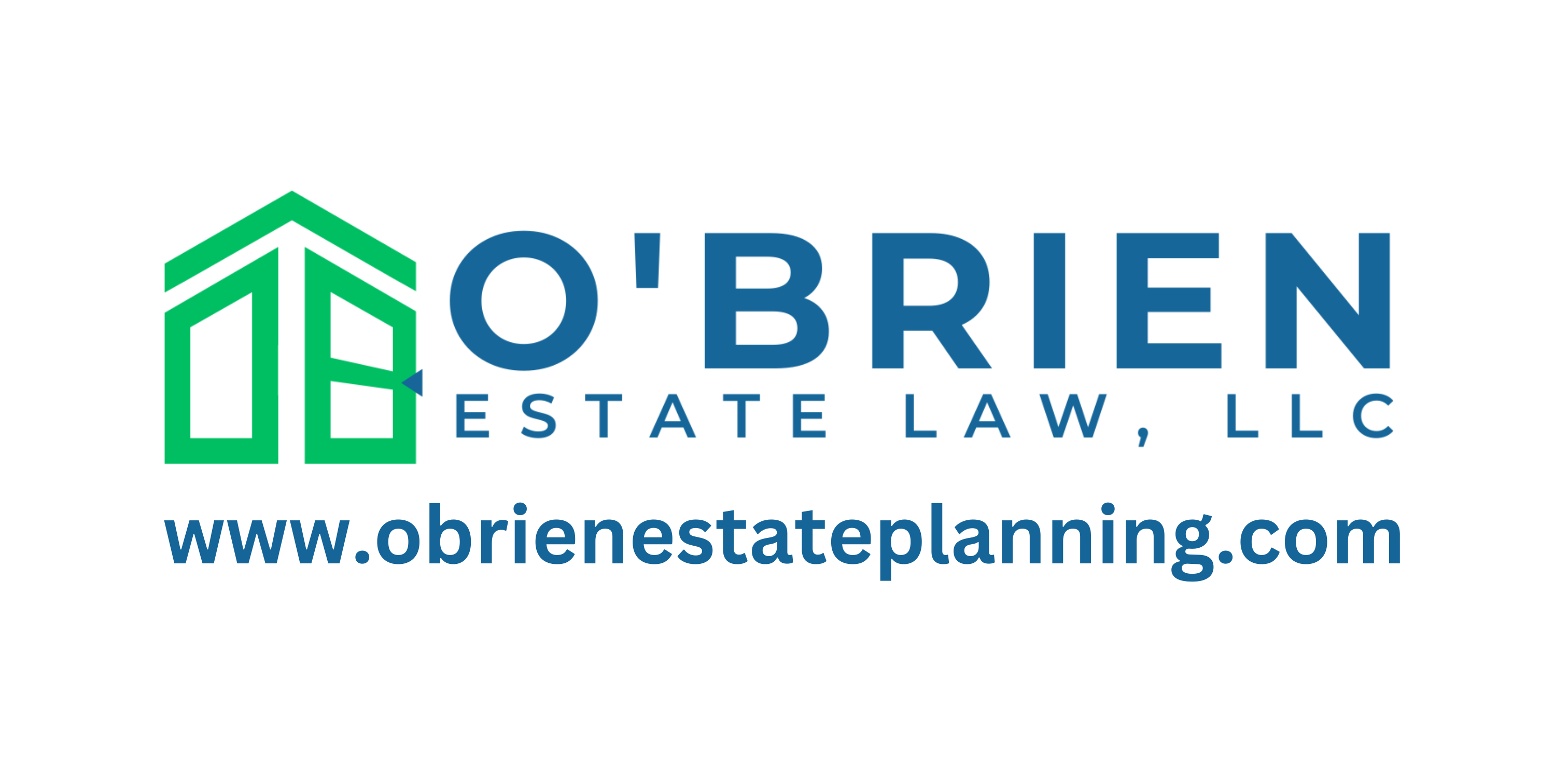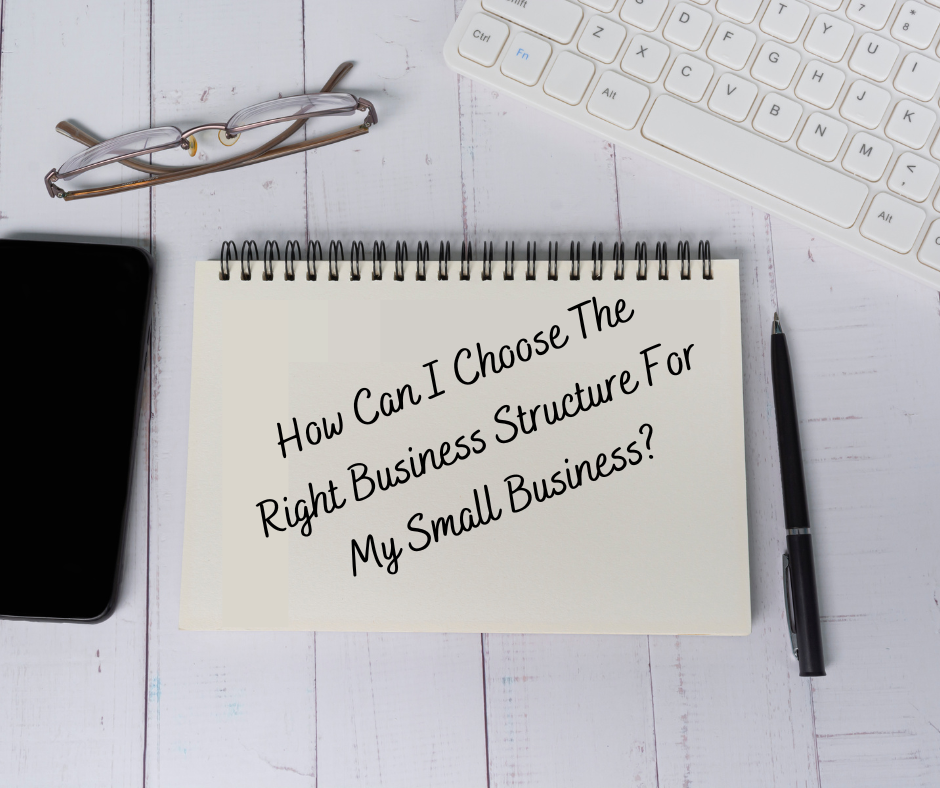Choosing the right business structure is one of the most important decisions for new small business owners. It affects taxes, liability, and daily operations. This article breaks down common structures and helps you choose the one that aligns with your business goals.
What Is a Business Structure and Why Does It Matter?
A business structure is the legal framework that determines how your company operates, how it is taxed, and what liability protections are in place.
Choosing the wrong structure can lead to unexpected taxes, legal risks, or growth limitations. That’s why it’s critical to understand your options before registering your business.
1. Sole Proprietorship:
The sole proprietorship is the most straightforward and common structure for small businesses. In this model, the business and its owner are considered one entity. This structure offers complete control and flexibility, making decisions quick and implementation seamless.
However, it also exposes the owner to unlimited personal liability, meaning personal assets can be at risk in the event of business debts or legal issues.
For solo entrepreneurs or small ventures with minimal risk exposure, a sole proprietorship may be a suitable choice due to its simplicity and ease of management.
2. Partnership:
Partnerships are formed when two or more individuals come together to operate a business. Like sole proprietorships, partnerships offer simplicity and shared control. However, partners share the profits, losses, and liabilities. There are two primary types: general partnerships, where each partner has equal responsibility and liability, and limited partnerships, where some partners have limited liability based on their investment.
Choosing a partnership is ideal for businesses with multiple founders who want to share responsibilities and decision-making. Clear communication and a well-drafted partnership agreement are crucial to avoid conflicts.
3. Limited Liability Company (LLC):
For small businesses seeking a balance between simplicity and liability protection, the Limited Liability Company (LLC) is a popular choice. An LLC combines the benefits of a corporation and a partnership, offering limited liability for its members while allowing flexible management structures.
With an LLC, personal assets are generally protected from business debts or legal actions, and the owners (members) can choose how they want the company to be taxed—either as a pass-through entity or a corporation. The flexibility and protection make LLCs an attractive option for many small businesses.
4. Corporation:
Incorporating your business creates a distinct legal entity separate from its owners. This structure provides the highest level of personal liability protection for the owners, known as shareholders. Corporations can issue stock, attract investors easily, and have perpetual existence, regardless of changes in ownership.
However, corporations have more formalities, such as regular meetings, detailed record-keeping, and stricter compliance requirements. Double taxation is also a consideration since the corporation pays taxes on its profits, and shareholders may face taxes on dividends received.
5. S Corporation:
An S Corporation is a unique tax designation rather than a separate business structure. It combines the limited liability benefits of a corporation with the pass-through taxation of a partnership or sole proprietorship. S Corporations avoid corporate income tax by passing profits, losses, deductions, and credits directly to shareholders.
To qualify for S Corporation status, there are specific eligibility criteria, such as having no more than 100 shareholders and only one class of stock. This structure is ideal for small businesses seeking limited liability and tax efficiency.
Consider Tax Implications:
Taxes can significantly impact your bottom line, so it’s crucial to understand how each business structure is taxed. Sole proprietorships, partnerships, and LLCs are pass-through entities, meaning profits and losses are reported on the owners’ personal tax returns. Corporations, on the other hand, are taxed separately from their owners.
Consult with Professionals:
Choosing the right business structure is a significant decision with long-term implications, so it’s wise to seek advice from professionals such as accountants, lawyers, or business advisors. They can provide personalized guidance based on your specific circumstances and help you navigate the complexities of each business structure.
Flexibility and Scalability:
As your business grows and evolves, you may find that your initial choice of business structure no longer suits your needs. Keep in mind the flexibility to change structures in the future if necessary. For example, you can start as a sole proprietorship or partnership and later transition to an LLC or corporation as your business expands.
Conclusion
Choosing the right business structure is a critical step in setting up your small business for success. Consider your unique needs, goals, and circumstances, and weigh the advantages and disadvantages of each structure carefully. By doing your research, seeking legal and financial professional advice, and planning for the future, you can make an informed decision that lays a solid foundation for your business’s growth and prosperity.
Remember, this information serves as educational and informational content only and is not a substitute for legal advice. Before making any changes to your estate plan, consult with a lawyer you trust to ensure your decisions align with your individual needs and circumstances. Click the link below to set up a meeting with O’Brien Estate Law, LLC, where we can discuss your specific situation and guide you towards a comprehensive estate plan.

